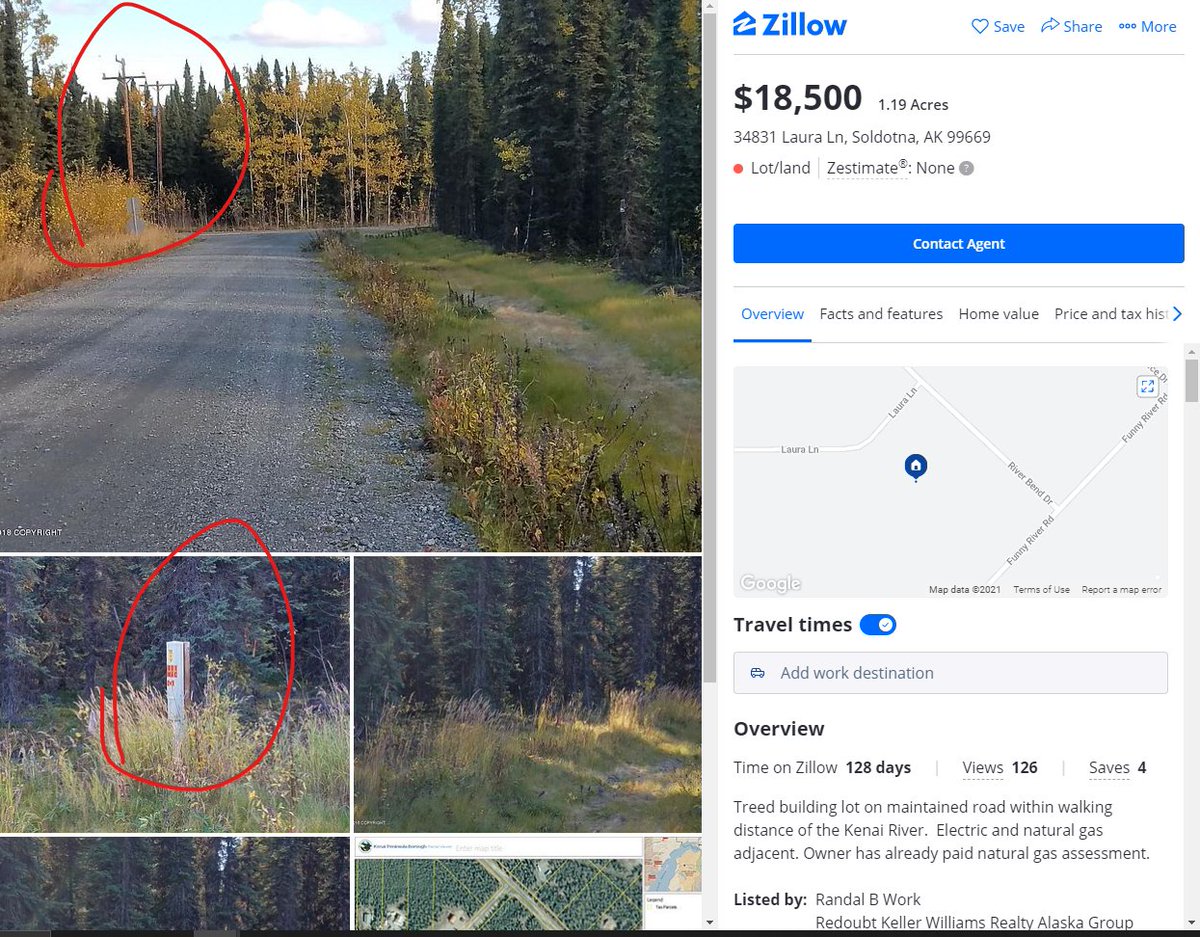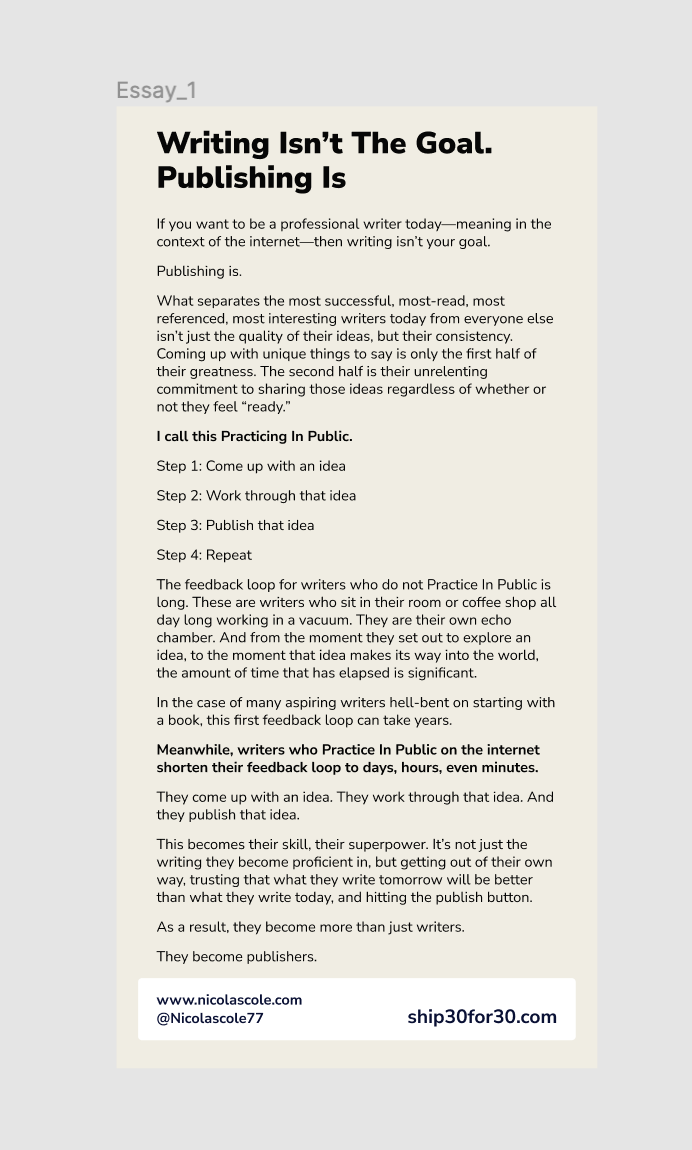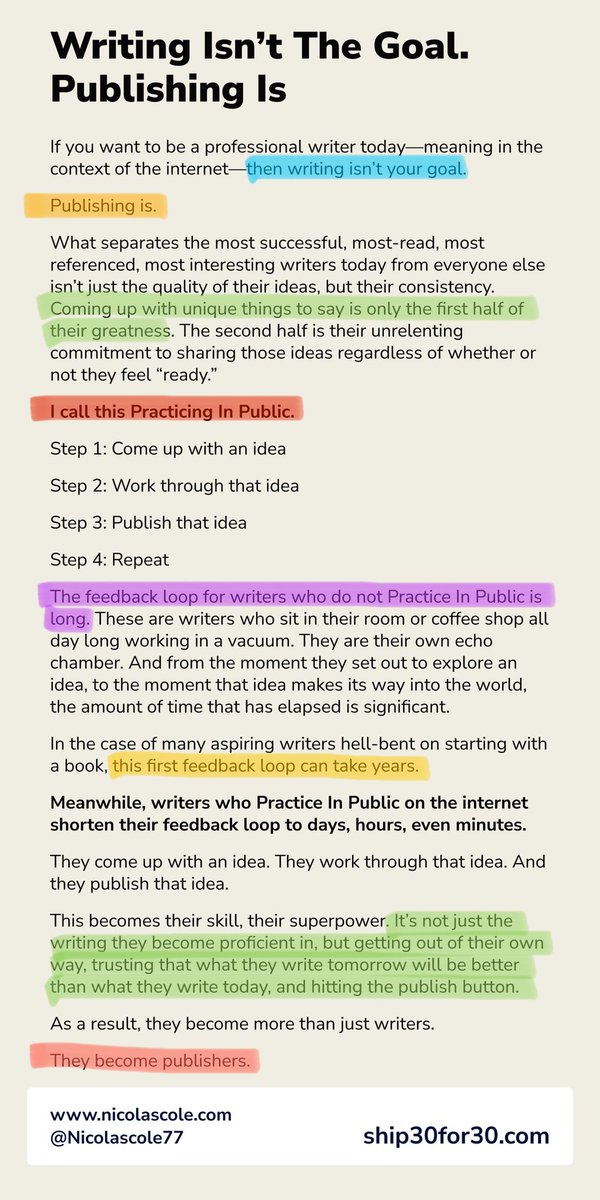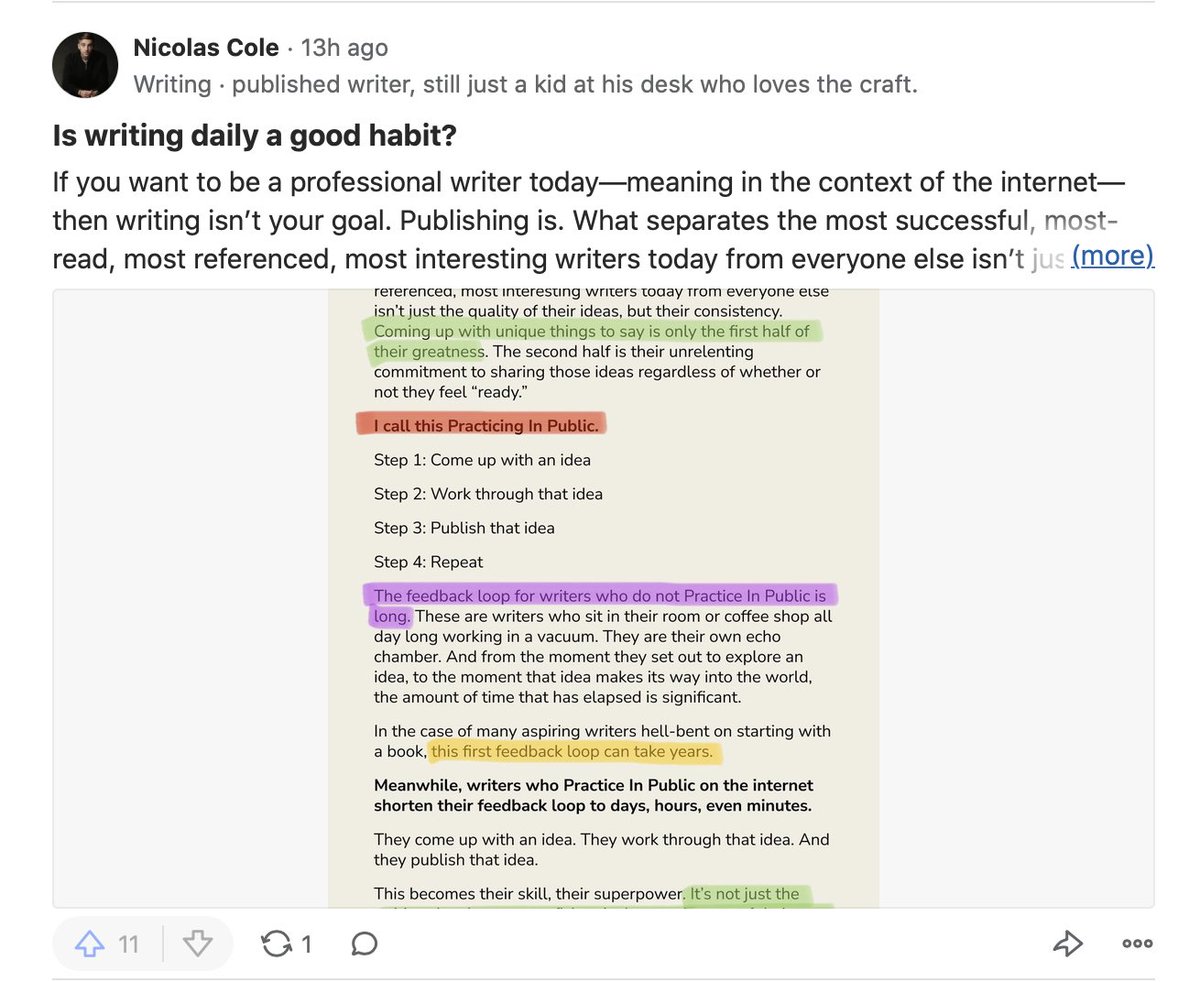Starting PhD student pro tips:
- Keep a backlog of “small ideas” that you don’t find the time to work on. Soon enough you will be asked to supervise undergrad students in some capacity, and these ideas will be exactly what they need to get started.
(read: if people consistently don’t buy your idea, consider that they may be correct)
(but probably submit anyway - better to aim high and fail than to aim low)
(P.S.: still working on this one myself - I may get there in retirement)
More from Education
OK I am going to be tackling this as surveillance/open source intel gathering exercise, because that is my background. I blew away 3 years of my life doing site acquisition/reconnaissance for a certain industry that shall remain unnamed and believe there is significant carryover.
This is NOT going to be zillow "here is how to google school districts and find walmart" we are not concerned with this malarkey, we are homeschooling and planting victory gardens and having gigantic happy families.
With that said, for my frog and frog-adjacent bros and sisters:
CHOICE SITES:
Zillow is obvious one, but there are many good sites like Billy Land, Classic Country Land, Landwatch, etc. and many of these specialize in owner financing (more on that later.) Do NOT treat these as authoritative sources - trust plat maps and parcel viewers.
TARGET IDENTIFICATION AND EVALUATION:
Okay, everyone knows how to google "raw land in x state" but there are other resources out there, including state Departments of Natural Resources, foreclosure auctions, etc. Finding the land you like is the easy part. Let's do a case study.
I'm going to target using an "off-grid but not" algorithm. This is a good piece in my book - middle of nowhere but still trekkable to civilization.
Note: visible power, power/fiber pedestal, utility corridor, nearby commercial enterprise(s), and utility pole shadows visible.

If I did thred on finding/acquiring decent raw land would that be something pepo are interested in
— Ovcharka (@ouroboros_outis) January 18, 2021
I think I know a bunch of weird tips/tricks for selection at this point that it might help u guys, lemme know
This is NOT going to be zillow "here is how to google school districts and find walmart" we are not concerned with this malarkey, we are homeschooling and planting victory gardens and having gigantic happy families.
With that said, for my frog and frog-adjacent bros and sisters:
CHOICE SITES:
Zillow is obvious one, but there are many good sites like Billy Land, Classic Country Land, Landwatch, etc. and many of these specialize in owner financing (more on that later.) Do NOT treat these as authoritative sources - trust plat maps and parcel viewers.
TARGET IDENTIFICATION AND EVALUATION:
Okay, everyone knows how to google "raw land in x state" but there are other resources out there, including state Departments of Natural Resources, foreclosure auctions, etc. Finding the land you like is the easy part. Let's do a case study.
I'm going to target using an "off-grid but not" algorithm. This is a good piece in my book - middle of nowhere but still trekkable to civilization.
Note: visible power, power/fiber pedestal, utility corridor, nearby commercial enterprise(s), and utility pole shadows visible.

Our top 15 tweets
A #prodmgmt thread 👇
https://t.co/Yv854Sd3P3
https://t.co/sXaMH1bZ9m
https://t.co/5X7bOTsS7m
https://t.co/w1y6LTtPS2
A #prodmgmt thread 👇
https://t.co/Yv854Sd3P3
Sum up Product Management in 4 words or less. \U0001f609
— Product School (@productschool) April 10, 2020
https://t.co/sXaMH1bZ9m
\u201cWithout data, you\u2019re just another person with an opinion.\u201d
— Product School (@productschool) July 22, 2020
-W. Edwards Deming
https://t.co/5X7bOTsS7m
MVP (Minimum Viable Product) or MLP (Minimum Lovable Product)? \u2764\ufe0f
— Product School (@productschool) July 6, 2020
https://t.co/w1y6LTtPS2
UI/UX are not just add-ons for a product. They\u2019re critical elements that need care, research, and a Product Manager\u2019s full attention.
— Product School (@productschool) July 12, 2020
You May Also Like
Joe Rogan's podcast is now is listened to 1.5+ billion times per year at around $50-100M/year revenue.
Independent and 100% owned by Joe, no networks, no middle men and a 100M+ people audience.
👏
https://t.co/RywAiBxA3s
Joe is the #1 / #2 podcast (depends per week) of all podcasts
120 million plays per month source https://t.co/k7L1LfDdcM

https://t.co/aGcYnVDpMu

Independent and 100% owned by Joe, no networks, no middle men and a 100M+ people audience.
👏
https://t.co/RywAiBxA3s
Joe is the #1 / #2 podcast (depends per week) of all podcasts
120 million plays per month source https://t.co/k7L1LfDdcM

https://t.co/aGcYnVDpMu


























